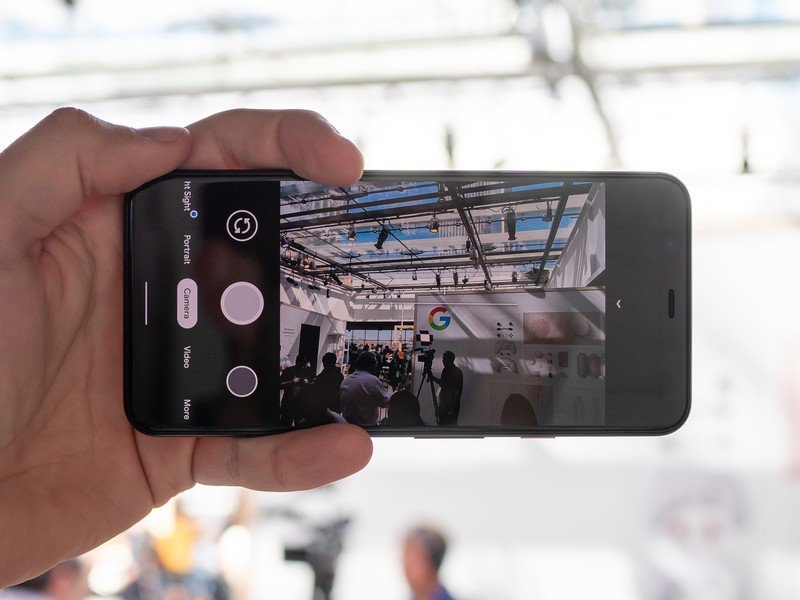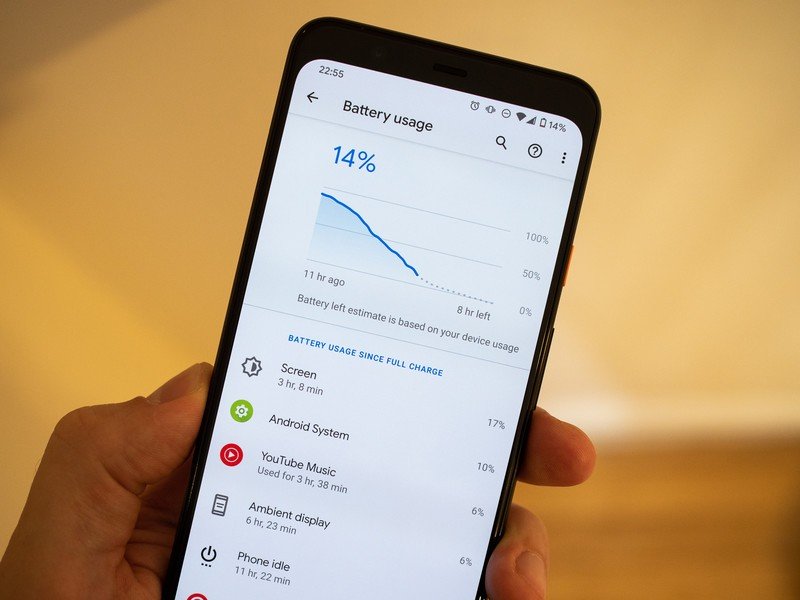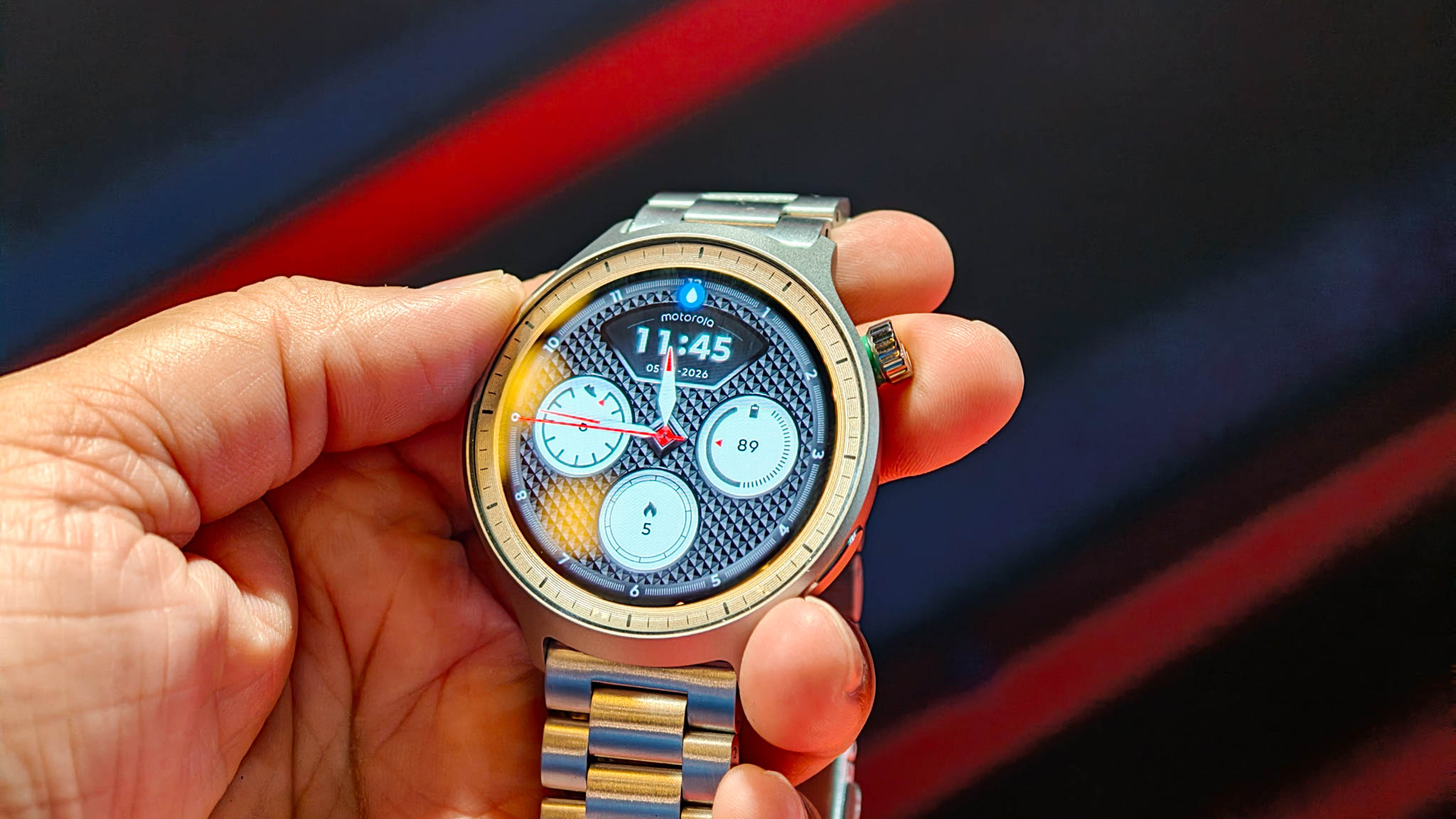Top members of the Pixel team leaving Google isn't purely negative — maybe it needed fresh leadership
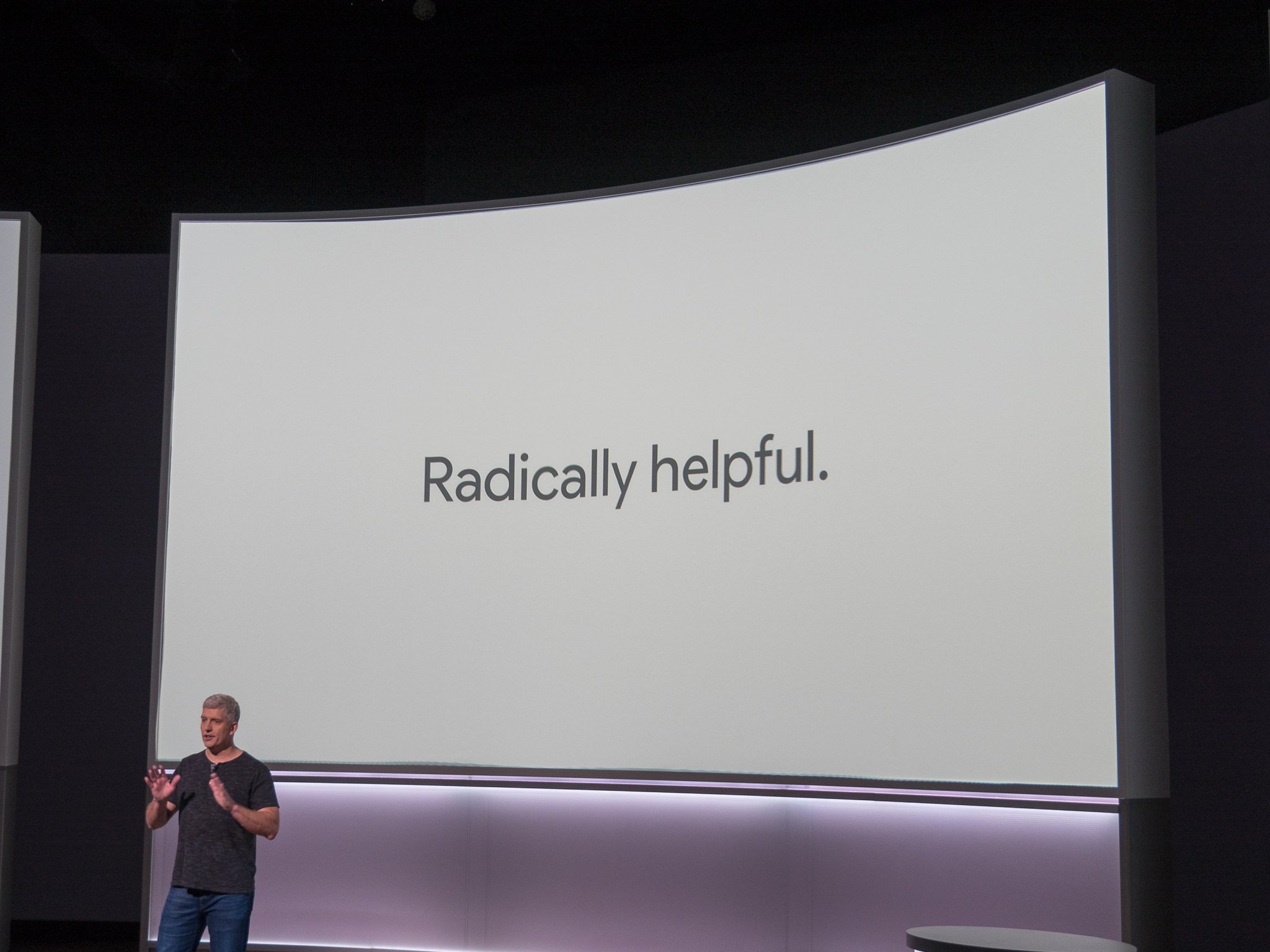
While we're all waiting for the Pixel 4a launch, and salivating for any Pixel 5 rumors, a new report from The Information has given us a look into what's been happening behind closed doors in Google's Pixel team — and on the face of it, it's not good. Mark Levoy, one of the biggest champions of Google's camera efforts, and Mario Queiroz, general manager of Pixel, have both left the company in the last 6 months.
It's completely understandable that there would be departures from the Pixel team, even at high positions — look, no matter how much some of us may love the Pixel lineup, it's been a disaster in terms of sales. Pixels certainly receive an enhanced scrutiny considering they're coming from Google, which is a massive company that makes Android, but even if you're generous with your assessment it's easy to find major flaws in each of the generations.
But news about a few high-level departures doesn't have to spell more doom and gloom for Pixel phones or their fans — there's still plenty of positivity here.
Camera can continue to be a strength
Losing someone as smart and clearly important to Google's camera strategy as Levoy is obviously a tough one to swallow. Over the past 5 years, Levoy's team created some of the most important advancements in the Pixel's photography experience, including HDR+, Night Sight and single-lens Portrait Mode — all of the features that have everyone holding the Pixel in the highest regard for smartphone photography.
But while Levoy was, by many accounts, the person leading the Pixel line's excellent cameras, he was certainly backed up by a whole host of other incredibly smart people. Levoy was an engineer at Google, just like so many others — he wasn't a dictator or solitary operator, but the head of a wider team filled with incredibly smart people that were involved every step of the way. Google's AI blog is filled with incredible posts from brilliant individuals on Google's AI and research teams that have developed new machine learning, AI and computer vision technologies that make their way into Google's consumer-facing camera software. These people are still at Google, and all of the developments made during Levoy's tenure remain to be continued and improved on moving forward.
Had Levoy not taken such a prominent place on stage in Google's Pixel 4 launch event — his first major appearance of the sort — this news may not have made the waves it did. Levoy is a big loss, there's no way around that, but to think that the Pixel's camera team is somehow now rudderless is completely baseless.
Battery life will be a weak point, until it isn't
Levoy's name rose in the public view more recently given the Pixel's focus on camera, but former VP and general manager of Pixel, Mario Queiroz, wasn't as widely known outside of his appearances at Google I/O. But that doesn't mean he had less influence — Queiroz was deeply embedded in the development of every Pixel phone, having been at Google for nearly 15 years, and was at the top ranks that launched the Google TV, Chromecast, Google Home, Google Wifi and Stadia.
Get the latest news from Android Central, your trusted companion in the world of Android
With Queiroz leaving, it's easy for the first reaction to be, like with Levoy's departure, that the Pixel team be without one of its core pillars. But as I noted from the start: is that really necessarily a bad thing? The Pixel has had its fair share (or more) of systemic problems, chief among them being battery life. Under Queiroz's management, every single Pixel had subpar battery life, with the Pixel 3 and 4 (and even the XL versions) being particularly weak compared to the competition.
Ultimately Rick Osterloh is still head of Google's hardware, and he knows Pixel battery life is bad.
Ultimately Rick Osterloh is still the SVP in charge of Google's hardware, so the Pixel lineup is likely to stay on a familiar pathway. That means that even when new people come into the ranks, the details may change, but the direction isn't likely to. But with reports of Osterloh's disappointment in the Pixel 4 line's battery life, and Queiroz no longer in the picture, perhaps we could actually see an improvement in this area.
The question here is in Osterloh's leadership, not necessarily who's working under him at the moment. Why did he let the Pixel 4 get all the way through development with clearly weak battery life and not make a change? Was it too late? Was he given promises from his team that didn't come to fruition? We'll probably never know, but whenever there's a change in personnel there's a chance for improvement. So while there are unknowns here, one thing we know (again, based on reports, at least) is that Osterloh understands the Pixel 4's battery was subpar. Though it doesn't take a genius to figure that one out, you just have to use it for a couple days, it's important that Osterloh has it on his radar.
At the head of Google's hardware, Pixel phones aren't Osterloh's only area of responsibility — he's also overseeing Nest, Home, Pixelbook, Stadia and more, and while Pixels are obviously an important part of that ecosystem it can be argued it isn't the most important. Let's just hope that whomever fills in the ranks underneath Osterloh on the Pixel team can hear the directive loud and clear: the last Pixel's battery life was bad, and it's unacceptable for the Pixel 5.
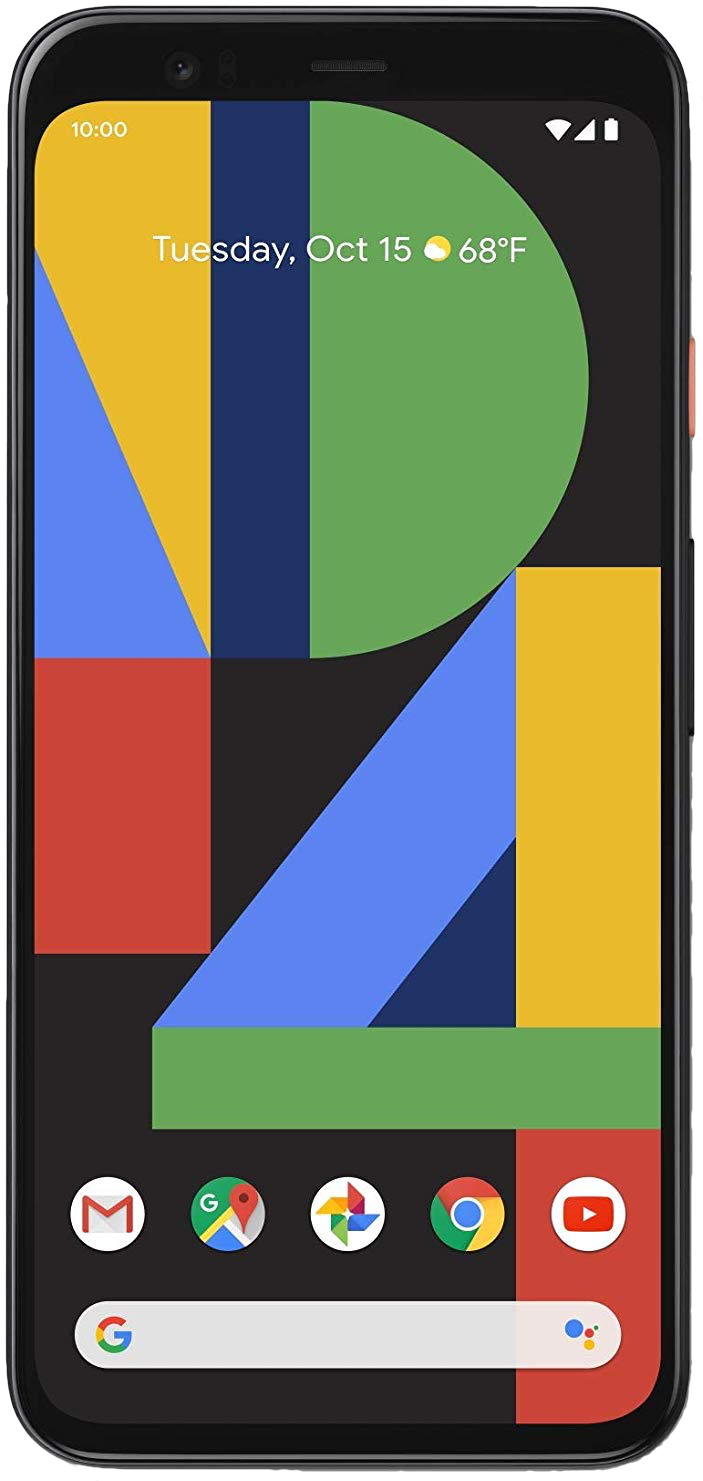
With a big price cut, it's worth looking at again
The Pixel 4 XL doesn't command its original price — but for $300 off, it plays in a different category and actually looks really good. Yes, its battery life is still bad, and the spec sheet is weak. But the software and camera are exceptional, and there are lots of nice features here to stand out at $600.

Andrew was an Executive Editor, U.S. at Android Central between 2012 and 2020.
